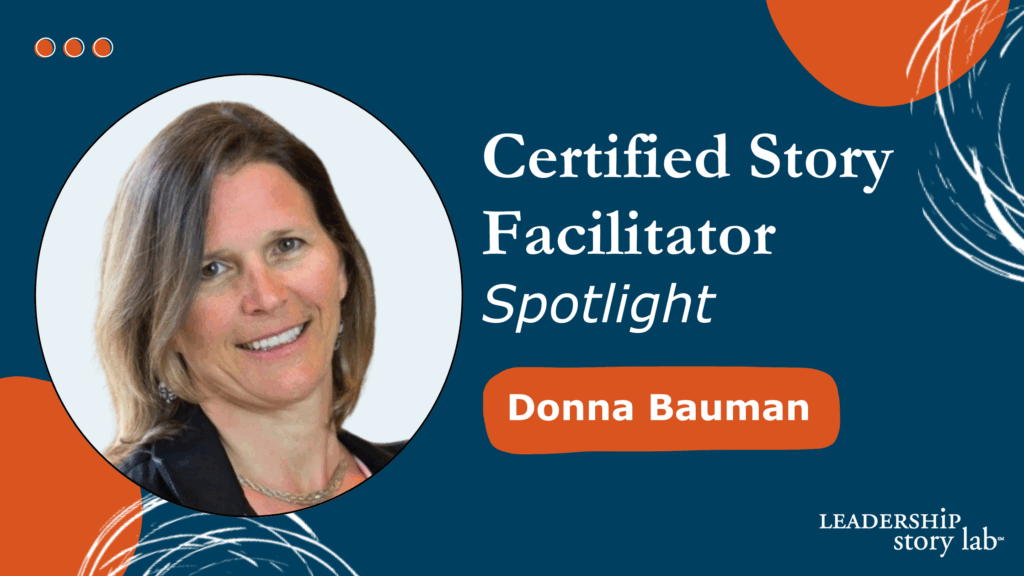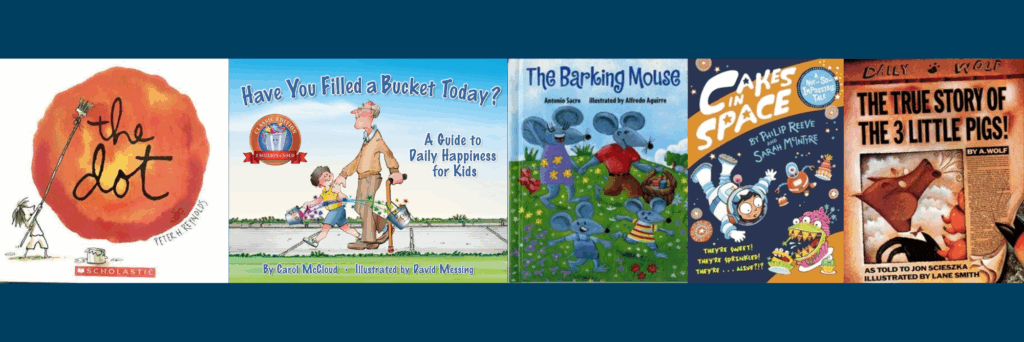May 5, 2023 / Esther Choy

Imagine for a moment that your grandparents ran an extremely successful enterprise. Their nine children and 22 grandchildren have all benefited generously in terms of inheritance, except for your uncle Michael who was forced out of his participation in the business and of his inheritance by your uncle James. Your uncle James has more than once hurt people in the family, even as he maintains leadership in the family enterprise. For this reason, your parents broke off all ties with him years ago and you haven’t seen his children since elementary school.
Then one Sunday morning you get a phone call from James’ eldest daughter, Sarah. She invites you, and all of your cousins, to her house for tea and to talk. Is this an olive branch or is it a trap set up by your power-hungry uncle? Do you accept Sarah’s invitation? Should you dare to start a relationship with that side of the family?
Just over a year ago, the war in Ukraine started. Much like the estranged cousins in the story above, the people caught in the middle of geopolitical dramas can have a hard time making bids for connection outside their own borders. But at the conference Stories Without Borders, business storytelling experts from around the world are trying to make it a little easier to cross borders — all sorts of borders — through storytelling.
The Bid: How to Cold Email A Potential Mentor or Collaborator
Artem Mushin-Makedonsky is one such person making a bid for connection — through and for storytelling. His journey started when he began to understand the power of business storytelling. When he had read all the resources available in Russian, he turned to resources by North American and European authors. But he didn’t stop there. He reached out to these authors and organizational storytelling experts.
One person he reached out to was Doug Lipman. Doug has been teaching business storytelling since 1976 when he discovered the transformational power of story for himself in a classroom with troubled teens. Now the author of three best-selling books on storytelling, he’s received the lifetime achievement award for storytelling and he’s a sought after coach for organizational leaders.
As leader in the field, Doug receives requests all the time, but he recalled Artem’s bid to him stood out: In 2019, Artem introduced himself via email and demonstrated his deep appreciation for Lipman’s work and then wrote: “I’m writing to you because I’ve set an ambitious goal to create storytelling culture in Russian business like the one I see abroad. To achieve this noble goal, I need help from experts in storytelling.”
Doug explained why he responded to Artem’s invite: “I get a lot of requests from people, and a lot of them are not as well-focused or as well-meaning as this one….he’s saying, ‘I am not just wishing that somebody would fix that. I’m willing to take responsibility for fixing it. And will you help? He’s positioning himself well in a way that aligns with the kind of people I would like to help.”
The Risk: How To Measure The Liabilities Of Supporting A Colleague In Russia
Since 2019, Doug has been volunteering his time to Artem’s mission through his annual online conference where master storytellers and practitioners like Doug share their expertise for free. Doug explains his involvement like this: “[Artem] is somebody pushing in the right direction and he’s asking me to help push. I’m right behind, I got my hands on his shoulders.”
Despite the risk of being seen as helping the “enemy,” most storytelling experts have decided to stay the course and proceed with the international storytelling conference. U.K. based narrative expert Dr. Geoff Mead said he is attending as himself, Artem’s friend, to assure his institution is not affiliated with a conference hosted out of Russia.
Greek storytelling practitioner and narrative therapist Yannis Angelis also referenced his friendship with Artem as a reason for staying connected to this conference despite the larger political picture. In fact, all of the storytelling experts I interviewed for this article echo this idea of relationship. They’ve gotten to know Artem as a friend since his first email and that friendship has sustained their work together even when international conflict might suggest they ought to distance themselves. When the conflict in Ukraine began, Artem reached out to all the speakers to assure them that if they needed to drop out of the conference he would understand. He expressed empathy for their position as people crossing a border.
Dr. Karen Dietz, another major player in the field of business storytelling, didn’t hesitate to continue showing support. When asked about the optics of contributing to a conference organized by someone in Russia, she dismissed them: “I know Artem, personally. And I know his motivations.”
The Impact: How To Increase Your Global Impact
With about 70% of the 2,000 registrants for the online conference located within Russia and the majority of guest speakers teaching from North America and Europe, the conference crosses timezones and borders. For Karen, the impact of sharing her expertise in Trauma, Story & Healing was too great a thing to give up. She believes “this is a good time to talk about all of this — barriers, stereotypes, and trauma.”
Artem couldn’t agree more with the timeliness of the theme. When he hosted a storytelling session with a global company, he saw the power of story to overcome cultural differences. He said: “it was one of the most impactful sessions I’ve ever hosted — seeing those people share true stories, overcoming their differences, uniting as a team across the borders was something else entirely. I believe that the bigger the team, the more stories and storytellers it needs.” Artem continued: “What’s more, last year has made me think about life and death. It’s changed how I approach things. When organizing the previous conferences I was led forward by the question: ‘Where can I make the biggest impact with my knowledge and connections?’ Now the question changed to: ‘If this is going to be the last conference I host, where do I want to make an impact that will be worth making?’”
At Stories Without Borders, business leaders and other learners will cross borders and time zones to meet these and other storytelling experts who will share on a diversity of leadership storytelling topics, from the role of courage and imagination with Dr. Geoff Mead, to “Re-authoring the ‘boundaries’ between the human and non-human world” with Yannis Angelis, and values embedded in the storytelling process with Doug Lipman.
The Relevance: How Stories Build Bridges With Authenticity For You
Even if you don’t pay much attention to geopolitics, you have likely erected walls and been affected by borders (in the allegorical sense) drawn by others, in personal and business arenas. Here’s one situation that almost all of us can relate to:
Josie chats with her coworker, Greg, about a newly created position in their company. Greg has been involved in the interviews, and Josie asks for some details about the new hire who is slated to start work later that month. Her coworker reacts curtly: “If I knew anything about them, I wouldn’t tell you. It’s protected information.” Outwardly, Josie shows no sign that she’s been offended. But Greg’s tone of voice set off her defenses and she’s decided from now on she will avoid him the best she can. He’s rude and not worth her time. It’s not like she was asking for personal information, she was just excited to meet her new colleague.
When we are faced with conflict of any size, it’s easy to assume the person on the other side is someone we can not trust, someone we should avoid. Rifts, barriers, us vs. them, obstacles, factions, wars. Whatever you call it, storytelling is a necessary tool that every leader must have in their tool belt to break down barriers of any size. From petty rifts between offended coworkers to larger rifts like factions between political parties, stories are a means to mend relationships and move toward meaningful work.
Here’s why:
- When we build up walls against another person or group of people, the stories we tell about them are negative, but often unsubstantiated.
What Josie doesn’t know is that Greg is under a lot of stress at home, caring for an elderly parent. He recognizes that his tone was ruder than he intended it to be, but he doesn’t feel he has the bandwidth to explain. The opportunity to share and listen, really listen, to stories across these borders gives us the opportunity to swap out the stereotypes and assumptions for real, singular experiences. In listening to stories across borders, the blank enemy becomes human and we can understand their perspective better.
- The more we hold a negative perception about someone, the more we need to reach out and ask for their stories, listen to their stories, and share our own.
Sometimes that person you’ve built up a barrier around is yourself. Yannis Angelis shared his own story about overcoming the barrier within. Though he’s always considered himself an artist, when he worked as a marketing director, a sales executive and an educator within large corporate settings, he always suppressed his artistic side, believing that the artist was liability for the workplace. But, he explained, “through narrative work and narrative therapy, I was liberated and the artist got out of the closet. So now the way I do my work, of any kind, the way I do my relationships, the way I speak, comes through the lens of the artist.”
Because he was able to tear down the wall between his work self and his artist self, he is now able to be more authentic in all of his roles, at work and elsewhere. Like Artem who was able to cross borders because of his authenticity and belief in the power of story, we can, and should, strive to make connections across the borders we face.
Better Every Story
Leadership Transformation through Storytelling
"This is an amazing and insightful post! I hadn’t thought of that so you broadened my perspective. I always appreciate your insight!" - Dan B.
Get Esther Choy’s insights, best practices and examples of great storytelling to your inbox each month.




